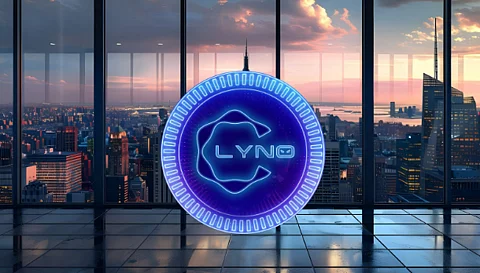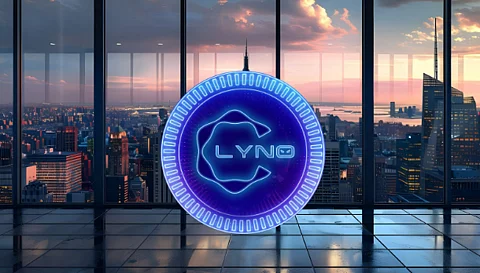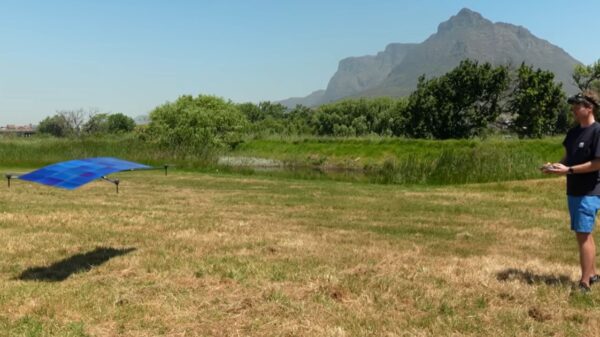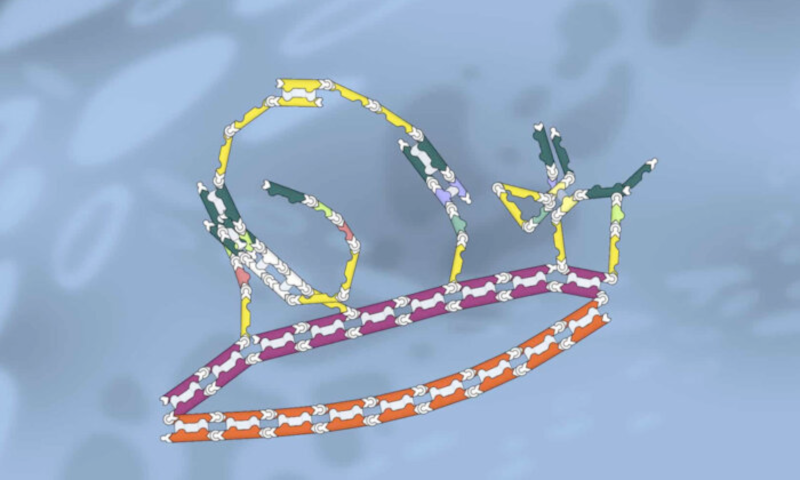Citizen science is evolving through innovative gaming initiatives aimed at advancing cancer research. Instead of merely contributing unused computer processing power, as seen in projects like Seti@Home, researchers are now harnessing the intellectual power of individuals. Jeff Yoshimi, a prominent figure in this field, emphasizes the unique role of the human brain in tackling complex scientific challenges through his recent book, Gaming Cancer.
Revolutionizing Research with Play
Yoshimi highlights three significant projects: Eterna, Foldit, and Nanocrafter. Each of these platforms transforms the scientific process into an engaging game format that allows participants to contribute to cancer research by designing biological molecules. For instance, Foldit invites players to manipulate proteins in a manner reminiscent of bonsai tree shaping, while Eterna offers a puzzle-like experience akin to Sudoku, focusing on RNA design. Although Nanocrafter, which utilized DNA strands as building blocks, is no longer operational, its contributions to the field have paved the way for future endeavors.
The impact of these projects is tangible. The Eterna open vaccine challenge has notably demonstrated the potential of gameplay in scientific advancement. Participants used the platform to design RNA molecules for vaccines that do not require ultra-cold storage, resulting in significant improvements in real-life vaccine development.
The Future of Citizen Science
The appeal of gamifying science extends beyond mere research contributions; it taps into the human desire for interaction and achievement. Historically, science fiction narratives, such as The Last Starfighter and Stargate: Universe, have imagined games as tests for entry into elite organizations. This concept raises intriguing possibilities for future citizen science projects, where participation could lead to scholarships or career opportunities.
While platforms like Zooniverse have made strides in citizen science by offering enjoyable yet straightforward contributions, they may not reach the same level of engagement as dedicated gameplay. Zooniverse allows individuals to make scientific contributions across various fields, including space and environmental research, but lacks the immersive gaming experience that projects like Eterna and Foldit provide.
As citizen science continues to evolve, the integration of gaming elements could significantly enhance public engagement and contribution to crucial research areas such as cancer. The potential of these platforms to drive real-world change while offering an enjoyable experience presents an exciting frontier for both science and the gaming community.






































































